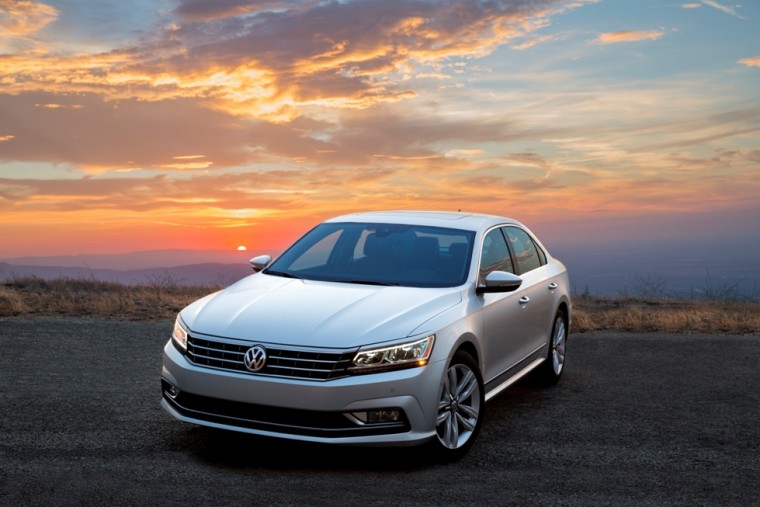VW and Shell Join Forces For Biofuel
When it comes to helping our planet, there seems to be two camps in the automotive world, with one advocating for electric cars, and one group looking to biofuels. The Paris Climate Conference last year agreed on some pretty strict emissions targets for 2025 and 2030, and the EU is currently putting plans in place to meet the standards. The government is leaning towards advocating for electric cars, while Volkswagen and Shell are setting their sights on biofuels.
Each side of the debate has its pros and cons. For example, cars that run solely on electric have no emissions from the actual vehicle, and charging is easy with quick charging stations. Electric cars, though, aren’t entirely sin free, as the power plants used to create the electricity for the cars create a fair amount of pollution on their own, especially if they are powered by coal or nuclear energy. Biofuels have emissions, but do not rely on fossil fuels retrieved from the earth with damaging processes.
Another big thing going for biofuels is that there are already so many fossil fuel vehicles on the road today. While switching to electric cars would require new car purchases, older vehicles could be modified to run on biofuels while the world prepares the massive infrastructure required for a switch to all-electric cars. The Auto Fuels Coalition, led by VW and Shell, released a study that is very optimistic about the use of biofuels and how they could be best used to help the environment to support their claims.
Time will which solution the European Union decides to work towards. Either way, it’s exciting to see governments working towards actually lowering greenhouse emissions to help our planet as much as possible.
News Source: The Guardian

The News Wheel is a digital auto magazine providing readers with a fresh perspective on the latest car news. We’re located in the heart of America (Dayton, Ohio) and our goal is to deliver an entertaining and informative perspective on what’s trending in the automotive world. See more articles from The News Wheel.


